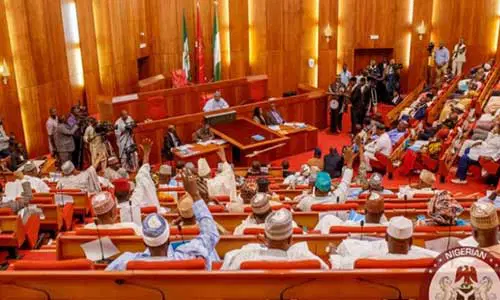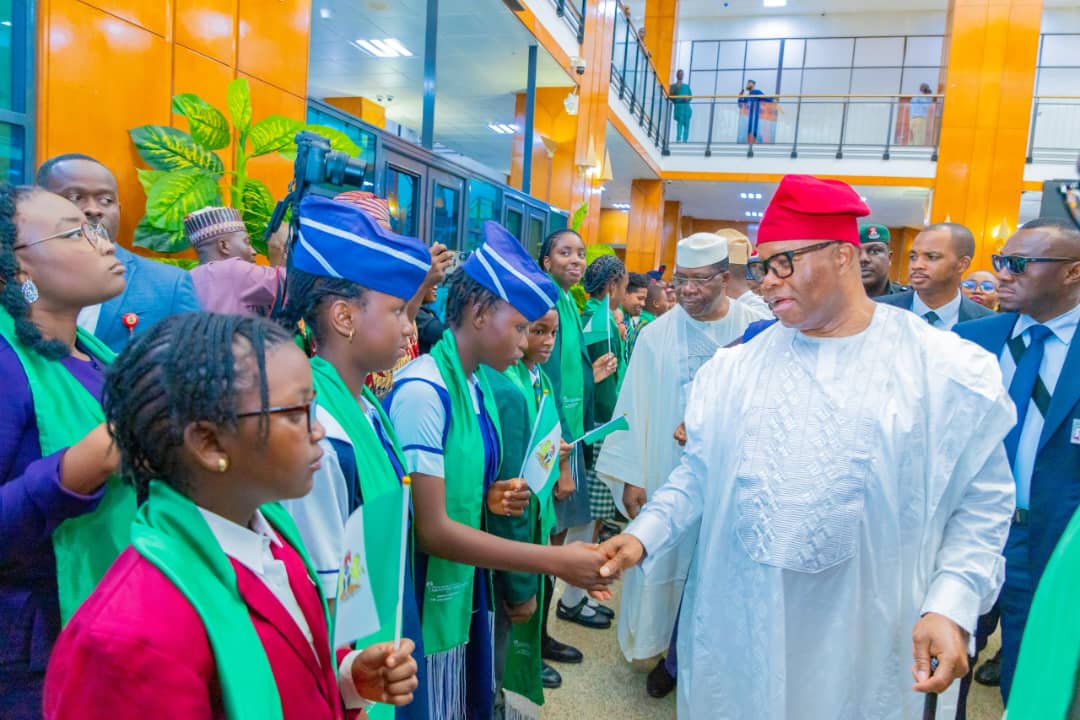***Senate Leader Eases Concerns
Northern and Southern Senators have voiced opposing views on the proposal to return Nigeria to a regional system of government.
The debate emerged during a two-day retreat on the 1999 constitution amendments, organized by the Senate Committee on Constitution Review in collaboration with the Policy and Legal Advocacy Centre (PLAC) in Kano.
Southern Senators welcomed the idea, believing it would boost the economy, tackle insecurity, and speed up infrastructural development. However, their Northern counterparts strongly rejected it, citing past experiences where regionalism did not deliver equitable development.
Senate Leader Opeyemi Bamidele assured the public that regionalism is not part of the current constitution review, seeking to ease any concerns.
Senator Abdul Ningi (Bauchi Central) firmly opposed the idea, stating that his constituents did not benefit from regional governance during the First Republic.
He emphasized that only elected National Assembly members have the mandate to review the constitution, questioning the legitimacy of those advocating for regionalism outside the legislative process.
Ningi instead called for reforms to the existing federal system, with a focus on fiscal federalism.
Senator Sani Musa (Niger East), Chairman of the Senate Committee on Finance, clarified that the zonal development commissions established for Nigeria’s geopolitical zones are solely for regional economic development and should not be confused with regionalism.
He advised advocates of regional government to propose their ideas through formal legislative channels.
Former Senate Leader Ali Ndume (Borno South) also dismissed the notion of regionalism, suggesting that true federalism has fallen out of favor in Africa.
He argued that building strong institutions and promoting good governance would address the issues driving the demand for federalism.

Senator Muntari Dandutse (Katsina South), Chairman of the Senate Committee on Tertiary Institutions and TetFund, echoed these sentiments, stressing that Nigeria should focus on good governance and better resource management rather than revisiting the regional government structure. He pointed out that all regions in Nigeria have the potential for growth if resources are handled properly.
In contrast, Senator Abdulfatai Buhari (Oyo North) defended the call for regional government, reminiscing on the success of regionalism in the First Republic. He noted that regions were able to independently harness their resources, which reduced corruption and fostered local development. Buhari argued that decentralizing power from the federal center would allow regions to address their own challenges more effectively.
While keeping specifics under wraps, Buhari mentioned that the South West region has a unified agenda for the constitution review, which will be presented at the appropriate time by the Chairman of the South West Forum.
Senate Leader’s Assurance
Senate Leader Opeyemi Bamidele clarified that a return to regional government is beyond the scope of the current constitutional amendment process. He explained that such a significant shift in governance would require broad political consensus and widespread public support, something not easily achieved through a standard legislative procedure.
Bamidele acknowledged the complexities of constitutional amendments, emphasizing that even minor changes to the constitution involve a lengthy and rigorous process. He stressed that while discussions on regionalism may continue, it would take more than a parliamentary bill or public hearing to implement such a fundamental change.
The debate over regionalism has exposed a deep divide within the Senate, with Northern lawmakers strongly opposed and Southern lawmakers advocating for a return to the system. As the constitutional review progresses, this disagreement highlights the significant challenges in building a consensus on Nigeria’s governance structure.




